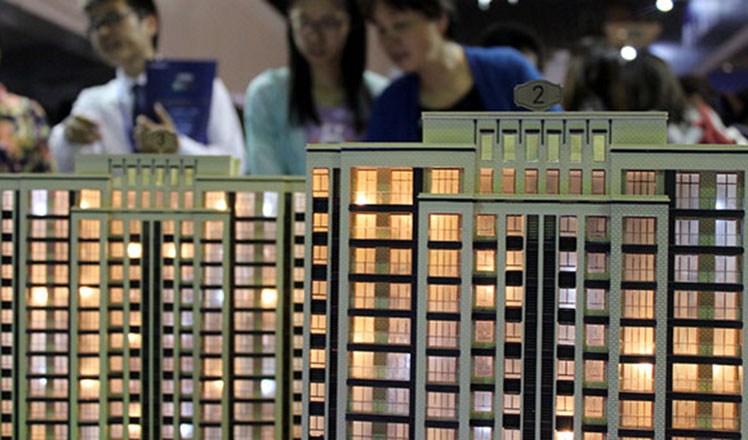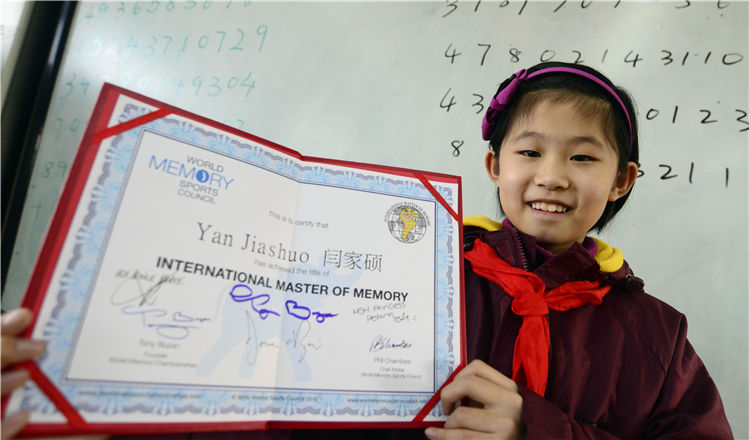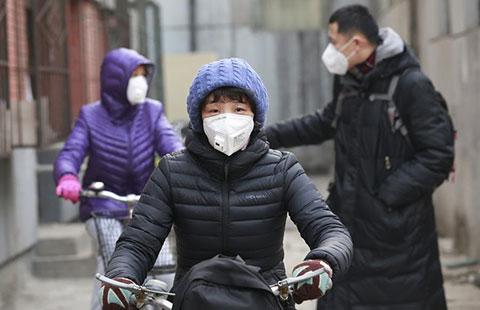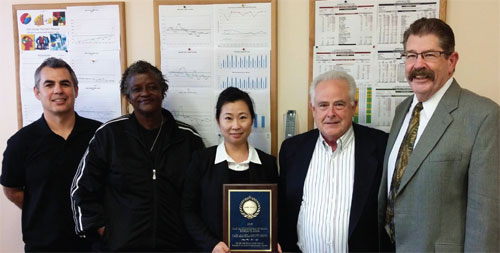Group fighting mental illnesses among Bay-area Asian Americans
Updated: 2015-12-25 11:18
By Lia Zhu in San Francisco(China Daily USA)
|
||||||||
A Chinese-American group has partnered with major mental health institutions, including universities and psychiatric clinics, in an effort to raise mental health awareness among Asian-American communities and help them fight depression and other forms of mental illness.
The Bay Area-based group, the National Alliance on Mental Illness Alameda County South (NAMI ACS), has worked with universities like Stanford, Columbia and Harvard reaching out to Asian-American communities and conducting surveys since it was founded in 2012 in Fremont, California.
"For cultural reasons, mental illness is a taboo that Asian Americans usually try to avoid," said Elaine Peng, director of Asian community programs at NAMI ACS. "Even when they suffer from depression or other mental illnesses, they tend to hide the real reasons and complain about physical ailments only, such as headache or stomachache, which prevents them from receiving effective treatment."
In traditional Chinese culture, having a mental health problem causes a person to "lose face", Peng explained. Mental health problems are seen as a sign of weakness and hidden from other members of the community.
"The stigma is often a barrier for people to seek treatment and share their experiences," said Peng.
According to a 2010 report in the Asian American Journal of Psychology, a study conducted on 2,095 Asian Americans nationwide found only 8.6 percent of the respondents sought any mental health-related services, and just one out of three individuals with a probable diagnosis of mental health disorders sought any services.
The report said Asian Americans demonstrated rates of using any type of mental health-related services lower than the general population, and culture-related factors, such as family conflict, perceived discrimination and ethnic identity played a role in suicidal ideation and suicide attempts.
Peng said Asian Americans experienced more barriers than white people to seeking treatment because of the language barrier, as well as the cultural stigma.
Her group is currently working with San Jose State University on a study to explore the role of caregiver distress and self-care practices.
Family members play a key role in this group's help-seeking process, and decreasing the stigma among caregivers is critical to ultimately increasing treatment-seeking and strengthening patients' treatment adherence, she said.
"Many patients asked me if other people have the same problems," said Peng. "In fact, it is not as scary as many people think. By seeking professional help, they are able to resist suicidal thoughts."
liazhu@chinadailyusa.com
|
Elaine Peng (center), on behalf of National Alliance on Mental Illness Alameda County South (NAMI ACS), receives the "Multicultural Outreach Excellence Award" from NAMI California for theit efforts to "move community engagement and multicultural inclusion forward" last month in Fremont, California. Provided to China Daily |
(China Daily USA 12/25/2015 page2)
- More aid from China set for Syria
- Japanese journalist reportedly being held in Syria
- New York City has warmest Christmas Eve on record
- One dead as fight leads to fatal shooting at North Carolina mall
- Trump's lead bodes well for Hillary Clinton's presidential bid
- Spanish Socialist leader insists no support for Rajoy

 10 major economic policies that will make a difference on lives
10 major economic policies that will make a difference on lives
 Santa Claus is busy in China
Santa Claus is busy in China
 Yearend 2015: Heartstopping images captured by daredevils
Yearend 2015: Heartstopping images captured by daredevils
 Girl becomes youngest Master of Memory
Girl becomes youngest Master of Memory
 Whatever the shape or size of a tree, Merry Christmas!
Whatever the shape or size of a tree, Merry Christmas!
 The world in photos: Dec 14 - 20
The world in photos: Dec 14 - 20
 First American woman who works as captain for a Chinese airline
First American woman who works as captain for a Chinese airline
 Life of a family amid Beijing's red alert smog
Life of a family amid Beijing's red alert smog
Most Viewed
Editor's Picks

|

|

|

|

|

|
Today's Top News
Shooting rampage at US social services agency leaves 14 dead
Chinese bargain hunters are changing the retail game
Chinese president arrives in Turkey for G20 summit
Islamic State claims responsibility for Paris attacks
Obama, Netanyahu at White House seek to mend US-Israel ties
China, not Canada, is top US trade partner
Tu first Chinese to win Nobel Prize in Medicine
Huntsman says Sino-US relationship needs common goals
US Weekly

|

|
